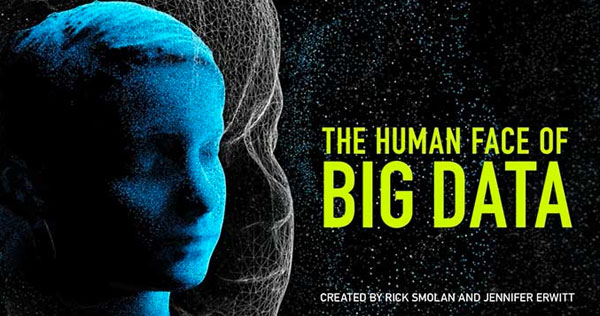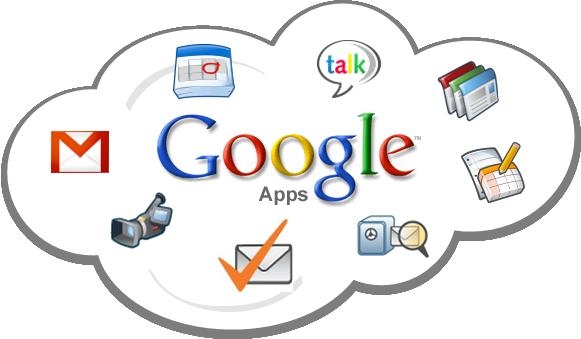Big Data In A Big Brave World
Bob Plumridge, Chief Technology Officer EMEA at Hitachi Data Systems, discusses how big data is transforming businesses and our lives, using examples from across the Hitachi Ltd. family and also making reference to the Mayans’ approach to data analysis. Also discussed is the notion of balancing today’s privacy requirements with tomorrow’s big data needs.
Who’s Afraid Of The Big, Bad Data?
Why are so many organisations so terrified of data and refuse to see the benefits it can bring? ‘Big data’ is now a common term, but traditionally, the treatment of the flow of information within an organisation has been comparable to that of a piece of radioactive material. Not only has it been quarantined and isolated in the IT department, but access to it has typically been limited to only one individual - the data scientist – who is deemed to be the only person qualified enough to handle it.
Five Steps To Handling Big Data
Need to know how to bring together and drive revenue from all the data at your organisation's disposal? Matt Hollingsworth, managing account director at Acxiom, outlines a five-step process for dealing with big data
The next stage of Big Data – Personalisation
Ian McCaig, Marketing and Strategy Director for Qubit, discusses big data, good data, and personalised data.
Improving Public Health Depends on Connectivity
In this article Infosys' Ashish Goel looks at the growing trend of 'coopetition' in the life sciences industry, and the implications this will have in terms of both managing and protecting the vast amount of data being shared by pharmaceutical companies
Big Data in Kuala Lumpur: deep-dive into stakeholder impacts
Big Data has the potential to have an enduring impact on every part of society, but the devil is in the details. How will various groups be affected? Will some benefit more than others? These questions brought together professionals from diverse sectors, including technology, business, government and education during an interactive workshop in Kuala Lumpur. Here we summarise the findings of the delegates, as an Asian perspective on the broader impacts of Big Data.
Our Planet is Growing a Nervous System
My ten year old son recently heard me speaking on the phone about this project and asked me what Big Data is. I thought for a minute and then said, “Imagine if the whole human race had been looking through one eye for all of our existence and, all of a sudden, scientists gave us the ability to open up a second eye. You’re not just getting more information, more data; you’re literally getting a whole new dimension. You’re getting depth and perspective, 3D vision. That’s what Big Data is, not simply more information but a new way to see or extract meaning from a sea of information. Simply put, Big Data is giving us a brand new way to see things.
The Value in Unstructured Data
Big Data is the biggest trend in IT right now, however the term is loosely thrown around and becoming increasingly ambiguous. Everyone seems to be doing some sort of “Big Data” nowadays, which can cause great confusion among organizations with actual Big Data needs. We at IKANOW focus on unstructured data analytics, and may be a little bias, but believe it is an essential part of any Big Data offering. One question we hear all the time is “what’s the business value in unstructured data?” Occasionally, we also receive raised eyebrows and blank stares when referring to unstructured data. To help answer this question and provide clarity about unstructured data, let’s take a look at the differences between structured and unstructured, and how it all relates to Big Data and the business value.
Getting Creative with Big Data and Google Apps
Big data isn’t just for those who can wrangle Hadoop or wrestle with R. Service interfaces (APIs) make it easy for even the relative novice explorer some creative solutions. Working for an innovation centre I often find the need to quickly glue together service APIs to gain some insight from the data flowing around our sector. More often than not I turn to Google Sheets (Spreadsheets) and Google Apps Script to rapidly develop dashboards I can share with colleagues. It’s reassuring to see I’m not the only one who uses this approach.



